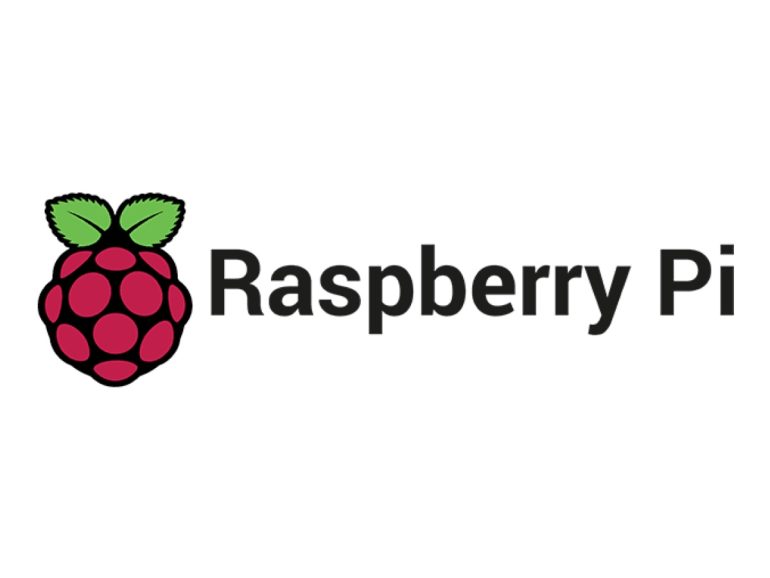- Pi-CARD, a Raspberry Pi-based offline AI assistant, created by Noah Kasmanoff, prioritizes user privacy by operating independently from external servers.
- Equipped with speech recognition, image description, and conversational abilities, Pi-CARD offers a comprehensive offline experience.
- Kasmanoff aims to enhance Pi-CARD’s responsiveness and functionality, envisioning it as a local aide for accessing files and providing information.
- Despite occasional performance drawbacks, Pi-CARD’s versatility and privacy-focused design make it a promising alternative to cloud-centric AI assistants.
- Pi-CARD integrates C++ ports of OpenAI’s Whisper and Meta’s LLaMA for advanced speech and image recognition, ensuring efficient offline operation.
- Kasmanoff views Pi-CARD as a hobby project with potential for future improvements, emphasizing its role in reducing screen time and fostering AI-assisted living.
Main AI News:
In a world dominated by tech giants hungry for your data, one man on GitHub dared to defy the norm. Introducing Noah Kasmanoff’s brainchild: the Raspberry Pi – Camera Audio Recognition Device, affectionately known as Pi-CARD.
Driven by a passion for privacy and innovation, Kasmanoff designed Pi-CARD to function entirely offline, ensuring your data remains yours and yours alone. But don’t mistake its independence for limitations; Pi-CARD boasts the capabilities of a standard AI assistant, all without relying on external servers. With a Raspberry Pi 5, a USB microphone, a speaker, and optionally, a camera, Pi-CARD becomes your personal conversationalist and visual companion.
“I wanted to create a voice assistant that is completely offline and doesn’t require any internet connection,” Kasmanoff expressed in Pi-CARD’s readme. “I wanted to ensure that the user’s privacy is protected and that the user’s data is not being sent to any third-party servers.“
But Pi-CARD is more than just a chatterbox. Kasmanoff envisions it as your offline aide, capable of accessing local files and providing information on demand. “So while not requiring Wi-Fi, [Pi-CARD] can still tell you info like what you wrote in your journal two weeks ago,” Kasmanoff explained.
The versatility of Pi-CARD extends beyond mere conversation. It can crack jokes, answer queries, and even recall past discussions, rivaling its cloud-connected counterparts. And unlike some digital assistants, Pi-CARD doesn’t rely on constant wake words, enhancing its usability.
Despite its local operation, Pi-CARD isn’t without its quirks. Kasmanoff acknowledges its occasional sluggishness and limited access to vast data pools. Yet, he views it as a fun project with room for improvement. Future enhancements may include smoother interactions and the ability to interrupt Pi-CARD mid-sentence, a feature showcased by GPT-4o.
But Pi-CARD isn’t confined to offline realms. Users can integrate it with external APIs and devices for expanded functionality. Whether offline or online, Pi-CARD remains your faithful assistant, devoid of the allure of shared data and the voice of Jean-Luc Picard, much to Kasmanoff’s lament.
“I wish,” Kasmanoff chuckled when asked about Patrick Stewart’s iconic voice. “I am using a generic dictation system, which while not exciting, gets the job done.”
Pi-CARD: Unveiling Its Core
Underneath Pi-CARD’s unassuming exterior lies a powerhouse of AI capabilities. Kasmanoff has ingeniously integrated C++ ports of OpenAI’s Whisper and Meta’s LLaMA for speech and image recognition, respectively. Accompanied by a Python script and essential software, Pi-CARD delivers a seamless offline experience.
As Kasmanoff continues to refine Pi-CARD, he remains grounded in its purpose as a hobby project. For him, Pi-CARD symbolizes a shift away from screen time, offering a glimpse into the future of AI-assisted living.
“I believe that the most useful part in AI assistants like this is to mean less time on our phones [or] absorbed on computers,” Kasmanoff reflected. “[Pi-CARD] has helped me understand what is possible so far.”
Driven by a desire for efficiency and sustainability, Kasmanoff has crafted Pi-CARD to operate within hardware constraints, sparing users from the demands of larger models and the data-sharing dilemma. Pi-CARD is not just an assistant; it’s a beacon of privacy in an increasingly interconnected world.
Conclusion:
The emergence of Pi-CARD signifies a paradigm shift in the AI assistant market, highlighting the growing demand for privacy-centric solutions that prioritize user data sovereignty. As consumers become increasingly wary of data-sharing practices, Pi-CARD’s offline capabilities and commitment to privacy position it as a compelling alternative to mainstream cloud-dependent assistants, potentially reshaping the landscape of personal AI technology.

